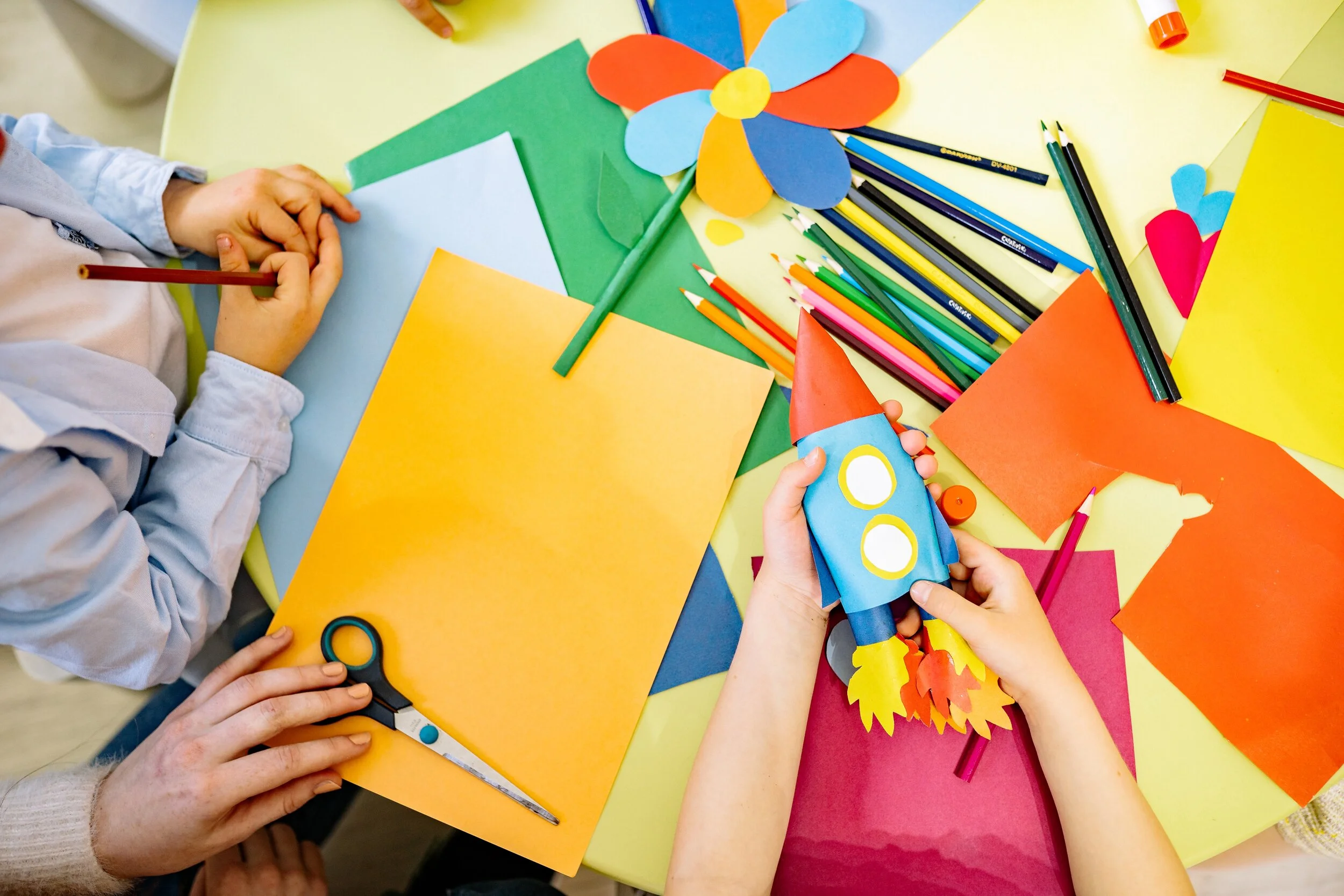Finding a therapist who is the right fit for you can be a challenging task to say the least. Now, when you try to find an in-person therapist near you, it may be extra harder. A therapist in Hoboken can give you expert mental health advice as well as a space where you feel safe and genuinely supported as a client and human being. With many therapy options available, finding a therapist near me who aligns with your needs, such as your area of concern or type of therapy you are seeking, and schedule can feel stressful. Whether you are dealing with anxiety, career stress, relationship issues, trauma, or are simply seeking personal growth, mental health counseling can be a tool for powerful transformation and self-improvement.
Starting the search for the right therapist can seem daunting, particularly if you do not know where to start your therapist search or how to filter through your options of counselors. It can first be important to understand your own preferences when it comes to finding a psychotherapist, from specialization to treatment approach. Knowing what is most important to you will help make the search a little easier and ensure that you find a therapist that truly fits your needs. For extra support with this process, check out our blog “How to Find The Best Therapist Near Me.”














